Trees that Don't Work in New England
edlincoln
9 years ago
Featured Answer
Sort by:Oldest
Comments (15)
Marie Tulin
9 years agoRelated Professionals
Allentown Landscape Architects & Landscape Designers · Palm Springs Landscape Architects & Landscape Designers · Berwyn Landscape Contractors · Crystal Landscape Contractors · Darien Landscape Contractors · Desert Hot Springs Landscape Contractors · Dickinson Landscape Contractors · Little Ferry Landscape Contractors · Rockwall Landscape Contractors · Soddy Daisy Landscape Contractors · Wailuku Landscape Contractors · West Haverstraw Landscape Contractors · Brooklyn Park Decks, Patios & Outdoor Enclosures · Foothill Farms Decks, Patios & Outdoor Enclosures · Leander Decks, Patios & Outdoor EnclosuresMarie Tulin
9 years agoedlincoln
9 years agoNHBabs z4b-5a NH
9 years agoNHBabs z4b-5a NH
9 years agoMarie Tulin
9 years agoPersimmons
9 years agoedlincoln
9 years agodbarron
9 years agoedlincoln
9 years agorockman50
9 years agoNHBabs z4b-5a NH
9 years agoprairiemoon2 z6b MA
9 years ago
Related Stories

HOUZZ TV FAVORITESHouzz TV: A New England Farmhouse Explodes With Color
Creativity and color burst from every corner in this unique 18th-century Massachusetts home for an artist and her family
Full Story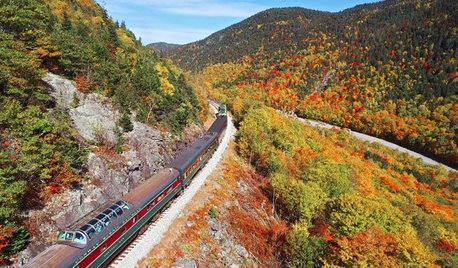
HOUZZ TV FAVORITESThese Spectacular Views of Fall Foliage Will Lift Your Soul
Soar over picturesque New England and Midwest landscapes to see glorious autumn scenes
Full Story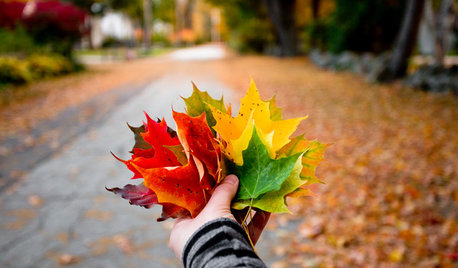
TRAVEL BY DESIGNHouzz TV: Take a Leaf-Peeping Road Trip in New England
Ride along with a Houzz contributing photographer to see gorgeous autumn eye candy from New York to New Hampshire
Full Story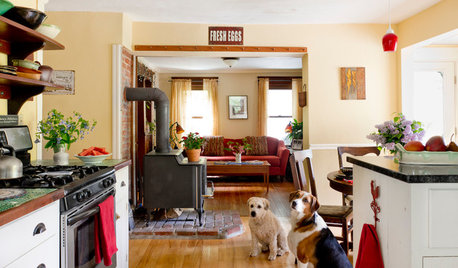
HOUZZ TOURSMy Houzz: Handmade Coziness in a Potter’s New England Home and Studio
Thoughtful details, a wealth of color and inviting farmhouse style rule in this family’s renovated house
Full Story
LIVING ROOMSRoom of the Day: Living Room Update for an 1800s New England House
Major renovation gives owners the open, contemporary feel they love
Full Story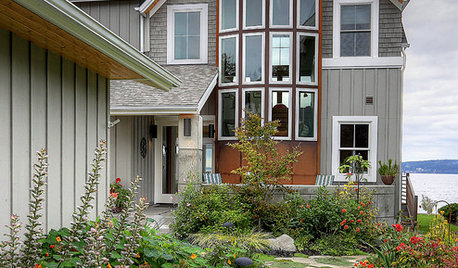
CONTEMPORARY HOMESHouzz Tour: Coastal New England Style Meets Pacific Northwest Modern
Homeowners ease into retirement in this Camano Island home, enjoying seaside views, cooking and gardening
Full Story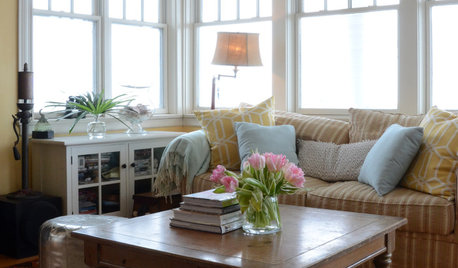
HOUZZ TOURSMy Houzz: Seaworthy Style for an Oceanfront New England Home
With the Atlantic in view, a family decorates their traditional home with nautical accents and family heirlooms
Full Story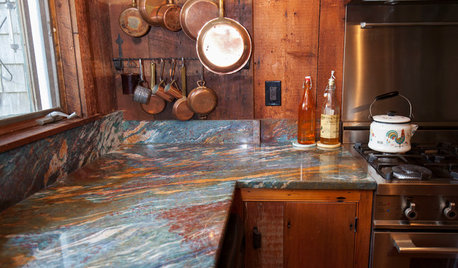
MY HOUZZMy Houzz: Barn Wood Touches for a New England Home
Rustic charm and personality define this family’s traditional Cape Cod home
Full Story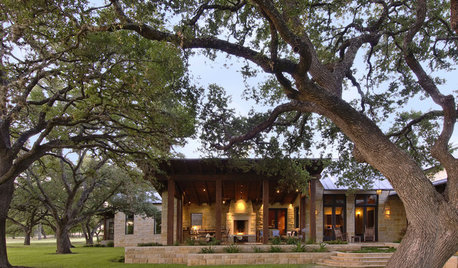
GARDENING GUIDESTree Care: Common Tree Diseases and What to Do About Them
Learn to recognize trees that may be affected by diseases or pests so you can quickly take action
Full Story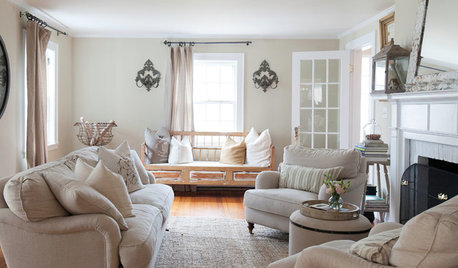
HOUZZ TOURSMy Houzz: Cozy Comfort and Neutral Style in New England
A soothing color palette and casual seating areas create an inviting atmosphere in this 1921 famlly home
Full StoryMore Discussions






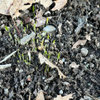
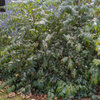
NHBabs z4b-5a NH